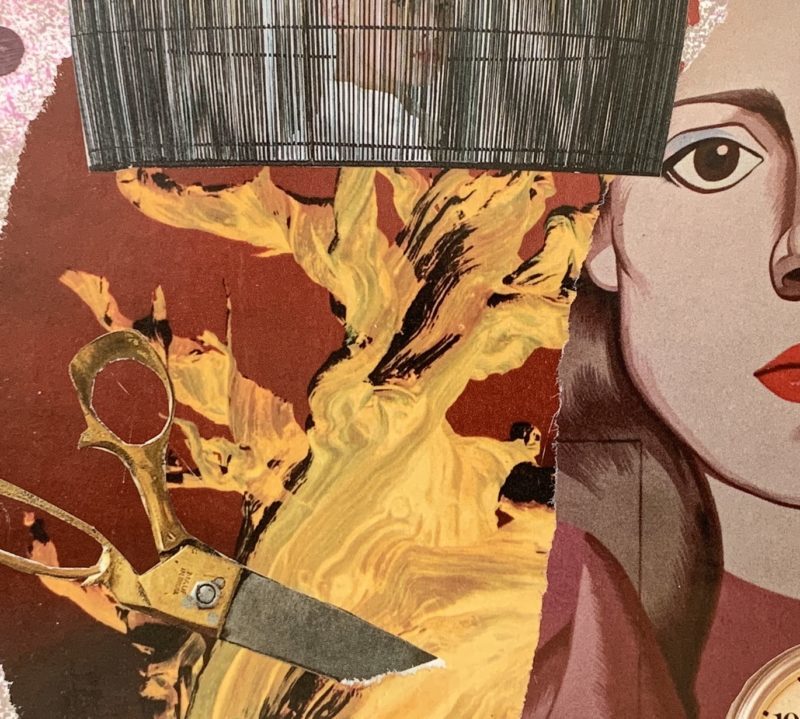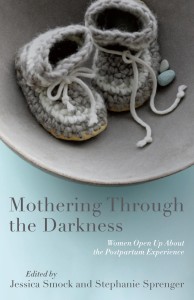Lady Edith and Marigold at Downton Abbey
Lady Edith has a secret child! I’m not much of a TV watcher or a movie goer these days. I missed the boat that left for Game of Thrones, and it seems like I’d just be late to the party–or regatta–if I want to avoid mixing metaphors. I’ve tried to get into Big Bang Theory, Burn Notice, the Family Guy, and Modern Family. While I’ve enjoyed these shows I don’t need to watch them.
In fact, I’d grown weary of the upper crust goings on at Downton Abbey. That is, until Edith got pregnant and had to keep it a secret after her beau disappeared without a trace. That’s all it took to reel me back in. Will Edith manage to keep her secret child a secret? Will she pine away grieving for the loss of little Marigold while the local tenant farmer and his family pass the child off as their own?
For those of you who are not in the know, Edith gave the baby up and suffered profoundly from the separation. Eventually she “adopted” her daughter as a ward, bringing the child to live as her own amidst all the upper crust splendor that is Downton. The Marigold plot continues to captivate me this season. Edith’s parents know Marigold’s true origins, but Edith’s uppity sister, Lady Mary, does not. Yet. I’m guessing the secret will be revealed to Mary in the next episode.
Horace and Pete
Last week I watched the first episode of comedian Louis C.K’s new show, Horace and Pete. It’s set in a bar (I love bars). Alan Alda is in it (I love Alan Alda). And it’s staged more like a play than a TV show. (I love the theatre.)
The show is both comic and tragic, very nicely written and performed. And I’m hooked. There’s a big reveal toward the end of the premiere episode. Three supposed siblings find out that one of them is not like the others. He’s not a sibling at all. He’s a cousin. “I don’t like kids,” the Allan Alda character says, justifying why he gave his son to his brother to raise. He goes on to reveal that his son’s mother died when the boy was two. The siblings are all well into middle age now.This revelation is a bomb dropped in their midst, shattering the foundation of what they believed to be the basic truth of their family
So the secret child has been revealed in Horace and Pete. But at Downton Abbey the secret is still under wraps. Either way it makes for compelling drama.
Adoption in real life
This is the world of adoption. And even in the usual modern version of adoption, wherein the adoptee knows he/she is adopted, unless the adoptee can meet and speak, and hopefully get to know the biological parents, that cloak of secrecy is a weighty thing to drag through life.




